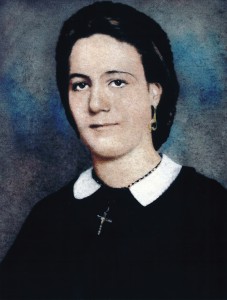Light, Bright and Damn Near White: Black Leaders Created by the One-Drop RulePosted in Biography, Books, History, Media Archive, Monographs, Passing, Politics/Public Policy, Religion, Slavery, Social Justice, United States on 2019-07-20 23:29Z by Steven |
Light, Bright and Damn Near White: Black Leaders Created by the One-Drop Rule
JacksonScribe Publishing Company
2014-09-24
418 pages
6 x 1 x 9 inches
Paperback ISBN-13: 978-0985351205
Michelle Gordon Jackson
Foreword by: Adam Clayton Powell IV
During the 19th and 20th centuries, a powerhouse of Black American leaders emerged, consisting primarily of men and women with “an apparent mix of Caucasoid features.” The face of the African warrior, brought to America centuries prior from the Ivory Coast had changed, due to perpetual miscegenation (race-mixing) and the application of the One-Drop Rule, a racial marker exclusive to the United States, in which a person was considered Black if he or she had any African ancestry.
No other country in the world has historically defined race in the same manner. Accepted socially and legally since slavery, this “rule,” as well as its strict enforcement, created a dynamic leadership pool of Light, Bright and Damn Near White revolutionaries, embraced by the Black community as some of its most vocal and active leaders.
This book features these unsung Black heroes and heroines (covering the Slavery, Reconstruction, Jim Crow, and Civil Rights eras). Some born slaves and some born free, these men and women were on the forefront of civil rights, innovation, and social reform. Their personal contributions are woven within the very fabric of American culture and policy.
The continued acceptance of the One-Drop Rule is apparent, in America’s embracing of Barack Obama as the first Black President of the United States, and not the first bi-racial president, despite his mother’s race (White).
This informative book is about history . . . American History and African-American History.


